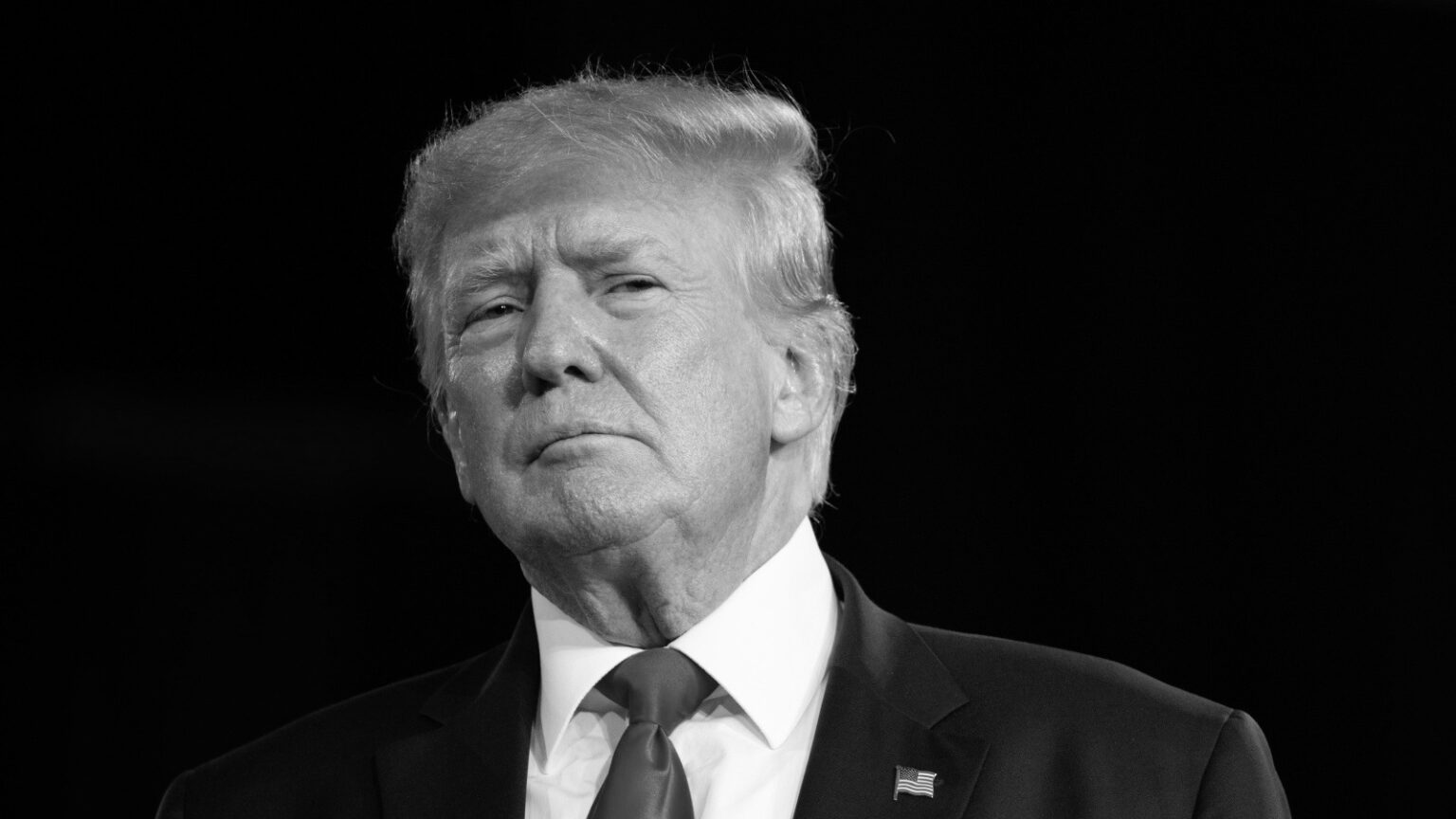Canada’s federal government and provincial leaders are joining forces to confront a looming challenge from U.S. President-elect Donald Trump, who has threatened to impose steep tariffs on Canadian imports. Officials have confirmed that preparations are underway for possible retaliatory measures if Trump follows through on his plans.
Deputy Prime Minister Chrystia Freeland emphasized unity in addressing this issue during a press conference following a virtual meeting with Prime Minister Justin Trudeau and the provincial premiers. “We have agreed to approach this with intelligence, strength, and cohesion,” she stated.
Trump’s proposal includes a 25% tariff on goods entering the U.S. from Canada and Mexico, citing concerns over migration and drug trafficking at both borders. This measure, he claimed, would be among his first executive actions.
Sources within the Canadian government revealed that a range of U.S. products could face counter-tariffs if Trump proceeds. While no final decisions have been made, officials are carefully evaluating items that could be targeted. A senior Canadian official noted that the government is preparing for every possibility, highlighting the importance of strategic retaliation.
Mexico, facing a similar threat, has also begun preparing countermeasures. President Claudia Sheinbaum announced her administration’s efforts to identify potential targets for tariffs if the situation escalates.
Experts warn that imposing tariffs on Canadian imports could disrupt longstanding trade relations and have far-reaching consequences for both economies. Canadian oil exports, which account for a significant portion of U.S. crude supply, could face levies, potentially driving up fuel prices for American consumers.
Patrick De Haan, an analyst at GasBuddy, projected that gasoline prices in the U.S. Midwest could rise by as much as 30 cents per gallon, a 10% increase. The Midwest is heavily reliant on Canadian crude, with its refineries processing 70% of Canada’s oil imports.
Canada plays a crucial role in supplying the U.S. with essential resources, including oil, electricity, steel, and critical minerals. Deputy Prime Minister Freeland underscored this interdependence, calling Canada “indispensable” to America’s energy security.
Canada has responded firmly to past tariff actions by Trump. In 2018, the country imposed billions of dollars in retaliatory duties on U.S. goods after Trump targeted Canadian steel and aluminum. These tariffs strategically impacted politically sensitive U.S. industries, including dairy and whiskey, to maximize their influence.
The current threats, which also involve lumping Canada with Mexico in discussions of migration and drug trafficking, have drawn criticism from Canadian officials. Freeland and others argue that these comparisons are unfair, noting that the issues at the Canadian border are far less significant than those at the U.S.-Mexico border.
Trade between Canada and the U.S. totals nearly $3.6 billion daily, with Canada serving as the largest export market for 36 American states. The potential tariffs could disrupt this flow, harming industries on both sides of the border.
Even within the U.S., Trump’s proposal has faced pushback. Leading oil trade organizations, including the American Fuel and Petrochemical Manufacturers (AFPM) and the American Petroleum Institute, have cautioned against the move. These groups warn that such actions could inflate costs, reduce oil supplies, and provoke retaliatory measures, ultimately hurting consumers and undermining U.S. energy dominance.
As the January inauguration approaches, Canadian officials remain committed to preparing for all scenarios. While Trump’s rhetoric has heightened tensions, Canada’s leaders are focused on safeguarding the country’s economic interests while maintaining strong trade ties with its southern neighbor.



